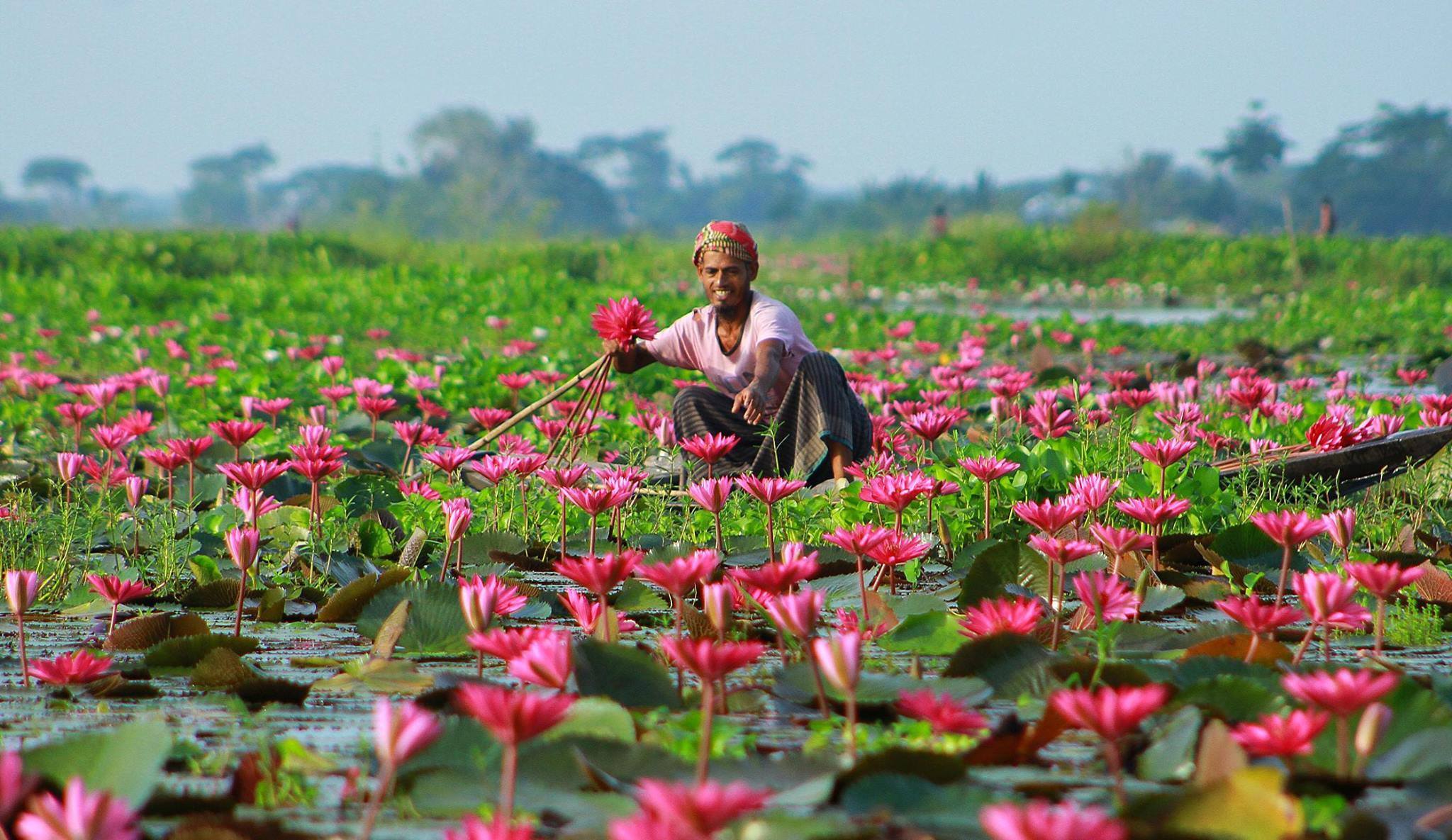Bangladesh is a country located in South Asia, bordering India, Myanmar, and the Bay of Bengal. It is a land of great cultural heritage, diversity, and natural beauty. Despite facing many challenges, Bangladesh has made remarkable progress in various sectors over the years. Here are 100 important facts about Bangladesh that everyone must know:
Geography and Climate:
- Bangladesh is the eighth most populous country in the world, with a population of over 165 million people.
- The country has a land area of approximately 147,570 square kilometers.
- Bangladesh is situated on the delta of the Ganges, Brahmaputra, and Meghna rivers, making it a fertile land with a complex system of waterways.
- The country experiences a tropical monsoon climate with hot summers and mild winters.
- The monsoon season in Bangladesh usually lasts from June to October, bringing heavy rainfall and floods.
History and Culture:
- Bangladesh was part of British India until 1947 when it became East Pakistan.
- Bangladesh gained independence in 1971 after a long and bloody struggle against Pakistan.
- The country’s official language is Bengali, which is spoken by over 98% of the population.
- Bangladesh is a secular country, although Islam is the predominant religion, followed by Hinduism, Buddhism, and Christianity.
- The country is known for its rich cultural heritage, including traditional music, dance, and art.
Economy:
- Bangladesh is the world’s second-largest apparel exporter after China, with a garment industry that accounts for more than 80% of the country’s exports.
- The country is also a major exporter of agricultural products, including jute, tea, and seafood.
- The economy has been growing at an average rate of 6% per year for the past decade, making Bangladesh one of the fastest-growing economies in the world.
- The World Bank considers Bangladesh a lower-middle-income country, with a per capita income of around $1,900.
- The country has made significant progress in reducing poverty, with the poverty rate declining from 57% in 1990 to 21% in 2019.
Politics:
- Bangladesh is a parliamentary democracy with a president as the head of state and a prime minister as the head of government.
- The current prime minister of Bangladesh is Sheikh Hasina, who has been in power since 2009.
- The country has a multiparty system, with the Awami League and the Bangladesh National Party being the two largest parties.
- The judiciary is independent, and the Supreme Court is the highest court in the country.
- The country is a member of the United Nations, the Commonwealth, and the World Trade Organization.
Infrastructure:
- Bangladesh has a rapidly expanding infrastructure, with a network of roads, railways, and airports.
- The country’s major ports include Chittagong and Mongla, which are important for both domestic and international trade.
- The government has launched several infrastructure projects, including the Padma Bridge, which is expected to be the country’s longest bridge.
- The country has made significant progress in expanding access to electricity, with over 90% of the population having access to electricity in 2020.
- Bangladesh has one of the largest mobile phone markets in the world, with over 170 million mobile phone subscribers.
Education:
- Bangladesh has made significant progress in improving access to education, with primary school enrollment rates increasing from 63% in 1990 to 98% in 2019.
- The country has a literacy rate of around 73%, with significant gender disparities.
- The government has launched several initiatives to promote girls’ education, including stipends for girls who have no ability to continue their education.
In conclusion, Bangladesh is a country with a rich cultural heritage, diverse geography, and a rapidly growing economy. Despite facing various challenges such as natural disasters, poverty, and political instability, Bangladesh has made remarkable progress in various sectors over the years.
The country’s garment industry is one of the largest in the world, and the government has launched several initiatives to promote infrastructure development and improve access to education and healthcare. Bangladesh’s progress in reducing poverty and expanding access to electricity and mobile phones is also commendable.
As Bangladesh continues to grow and develop, it remains a country of great potential and opportunity, and its people are committed to building a better future for themselves and their children.
